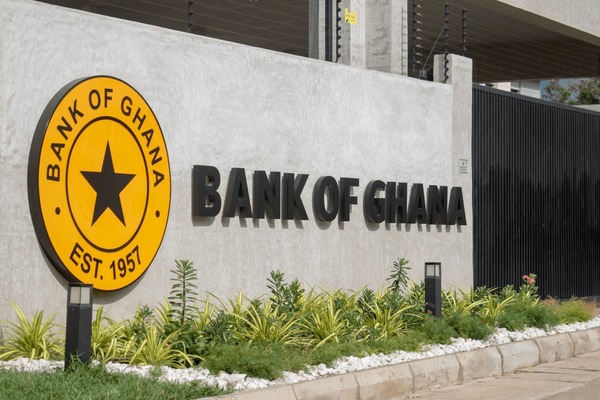The Bank of Ghana (BoG) has issued a stern warning to exporters who fail to repatriate proceeds from exports, cautioning that offenders risk facing up to ten years imprisonment under the law.
According to the central bank, several exporters have been found defaulting in repatriating foreign exchange proceeds into the country, a direct violation of the Foreign Exchange Act, 2006 (Act 723). The Act mandates that all export proceeds must be repatriated within 60 days after shipment.
BoG emphasized that it will intensify collaboration with the Ghana Revenue Authority (GRA), Economic and Organized Crime Office (EOCO), and other state agencies to ensure strict enforcement. The regulator warned that defaulting exporters could face prosecution, hefty fines, or imprisonment for up to a decade.

The move aims to stabilize Ghana’s foreign exchange market, enhance liquidity, and curb illicit financial flows amid growing concerns over the depreciation of the cedi.
In related developments, the government has also officially revoked the controversial Legislative Instrument (L.I.) 2462, which previously granted the Ghana Revenue Authority (GRA) power to demand upfront payment of Value Added Tax (VAT) from businesses before the sale of goods or services.
The repeal of the L.I. followed weeks of backlash from the business community and the Ghana Union of Traders’ Associations (GUTA), who argued the regulation would worsen the cost of doing business and stifle growth in the private sector.

Government sources say the revocation forms part of broader efforts to ease the regulatory burden on businesses and promote investor confidence in the domestic economy.
Malawi Bans Export of Raw Minerals to Boost Industrial Growth

